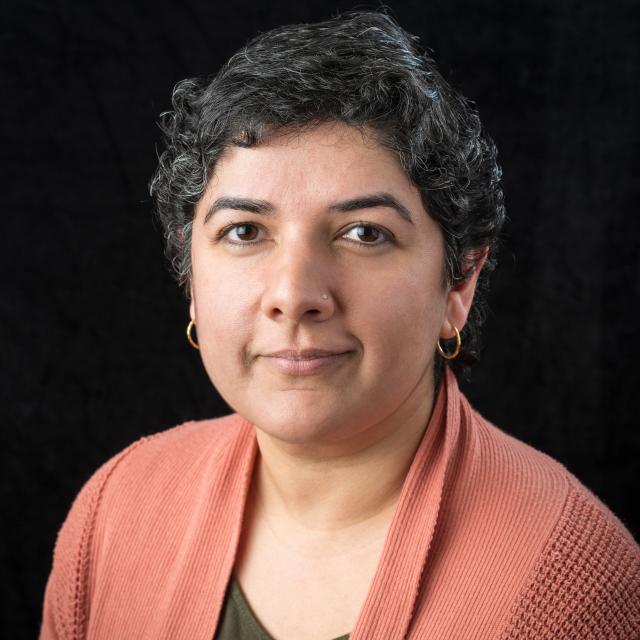I was a Fulbright-Nehru Scholar 2023-2024 at SNDT Women’s University in India where I completed work on Corporate Social Responsibility and Civil Society (Anthem 2024). I am a scholar of civil society, religion, gender, and education. Most of my fieldwork has been conducted in India where I have learnt from activists, journalists, bureaucrats, and other scholars how they navigate the political and social environment. My work prioritizes the direct experiences of the people actively creating our future through interviews and participant observation methods. I engage very broadly with scholars and scholarship in the humanities and social sciences. My disciplinary commitments are most evident in my persistent focus on power and how it shapes the world.
I co-wrote The Politics of Collective Advocacy in India with Duncan McDuie Ra (Lynne Riener 2011). My second book, Mobilizing Religion and Gender in India: The role of activism (Routledge 2016) compares the rise and fall of women’s movements and Hindu nationalism. My edited volume Postsecular Feminisms? Religion and Gender in Transnational Context (Bloomsbury 2018) suggests that postsecularism is context specific.
One of my new projects examines the future of childhood as it may evolve in light of technological and social changes over the next few decades. Working with a team of students we are developing interventions at the level of family, community, and state that will help create a new childhood. Another current project is documenting the spread of unschooling and self directed education across the world. I am interested in these families and communities as examples of democratic political utopias.


